
Ashgabat, May 13 | ORIENT. A plenary session on “Regional and National Climate Policy: Achievements and Plans” was held at the 7th Central Asian Conference on Climate Change (CACCC 2025) in Ashgabat. During this high-level lively discussion with representatives of Central Asian governments, Turkmenistan’s Minister of Environmental Protection Charygeldi Babaniyazov presented his country’s position and, in response to questions, reported on the significant results in reducing methane emissions achieved since Turkmenistan joined the Global Methane Commitment.
According to the Minister, a Kayrros assessment conducted at the end of 2024 showed that Turkmenistan is one of the few countries that have managed to reduce their methane emissions by about 10% since signing the commitment in December 2023. This fact, announced at such a representative regional platform, underlines the seriousness of Turkmenistan’s intentions in fulfilling its climate commitments.
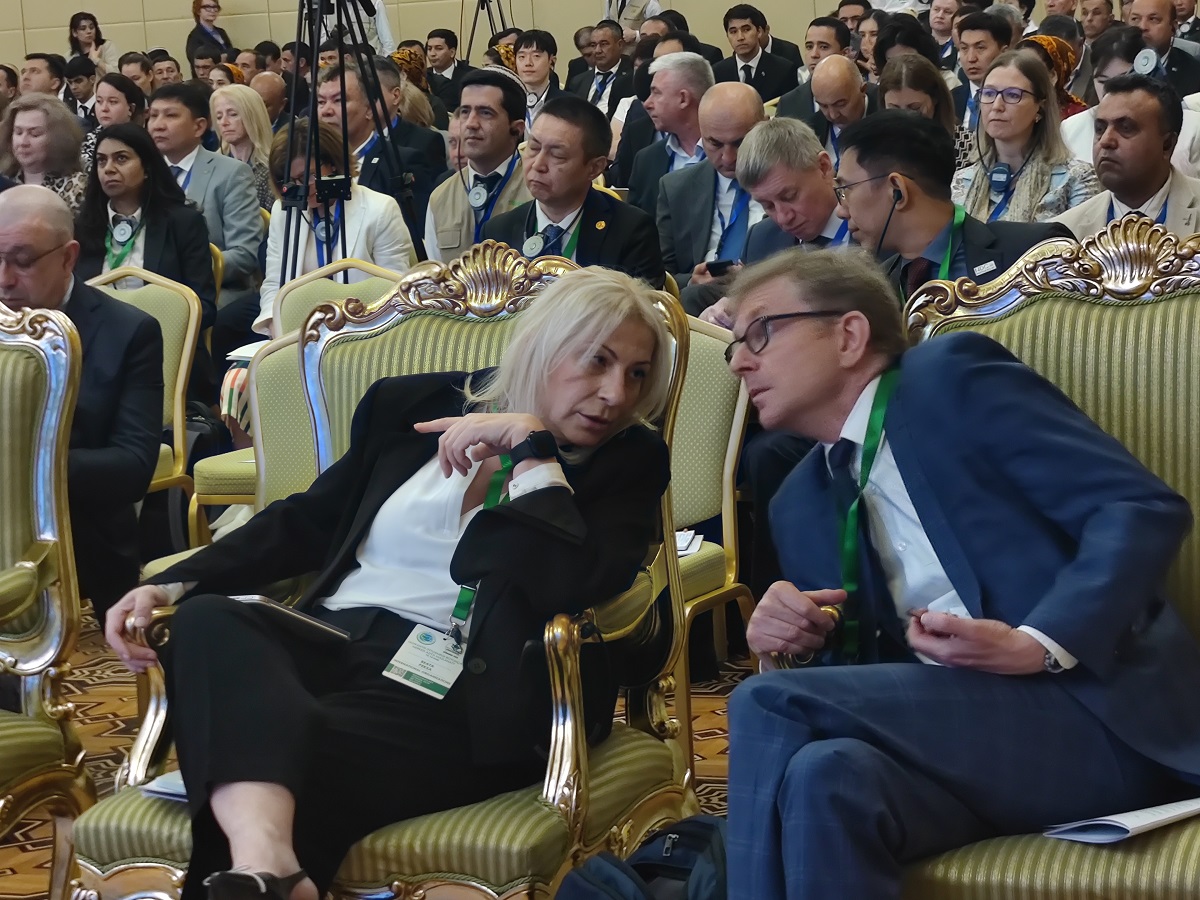
The session, moderated by Makhtumkuli Akmuradov, Advisor on Environmental and Water Diplomacy at the Ministry of Foreign Affairs of Turkmenistan, was devoted to the analysis of lessons learned by the Central Asian countries in the process of implementing the second cycle of their Nationally Determined Contributions (NDC 2.0) under the Paris Agreement, as well as approaches to developing the next cycle – NDC 3.0, which is to be submitted this year. Following the introductory presentation by Vladimir Grebnev, CAREC Regional Climate Change Specialist, a panel discussion began with the participation of high-ranking representatives of the governments of Kazakhstan, Kyrgyzstan, Tajikistan and Uzbekistan.
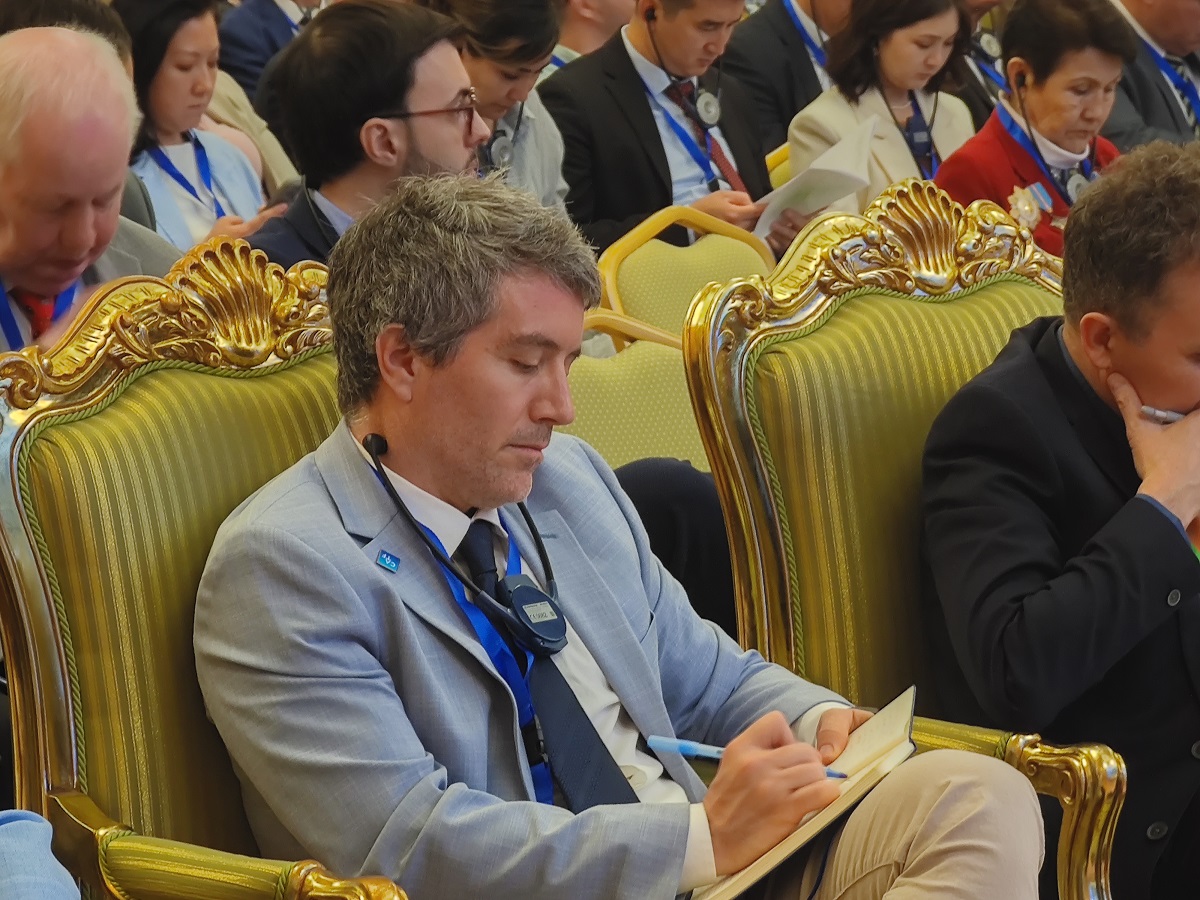
The participants exchanged views and experiences of their countries on a number of key issues. In response to a common question about lessons learned from NDC 2.0 and the impact on NDC 3.0, Minister Babaniyazov noted that the analysis of the implementation of the current NDC, conducted with the support of UNDP, allowed identifying gaps and taking them into account when preparing a new contribution, which began in 2025. He particularly emphasized the significant strengthening of Turkmenistan's legislative and institutional framework in the field of climate, energy efficiency and renewable energy in recent years, citing the adoption of a number of new laws and strategies, as well as joining the Global Methane Commitment.
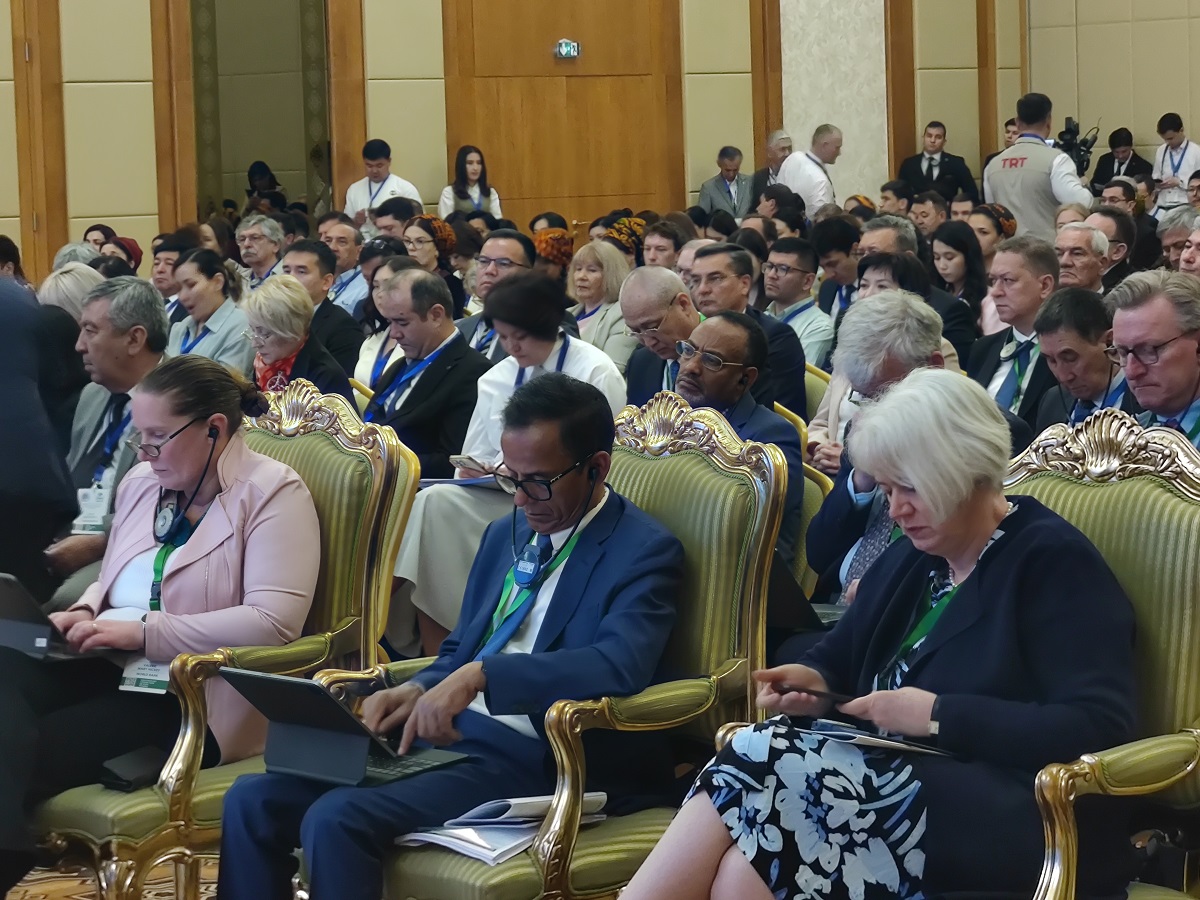
A separate question to Minister Babaniyazov was devoted specifically to the impact of measures to reduce methane emissions on the fulfillment of Turkmenistan's national commitments under the NDC. In his detailed response, the head of the environmental agency spoke about the specific steps taken by the country after joining the commitment: approval of Roadmaps (for 2023-2024 and 2025-2026), creation of an Intersectoral Commission, development of a Set of Measures to Reduce Emissions for 2025-2026. He also informed about the work of the state concerns Turkmeneft and Turkmengaz on assessing emissions at the fields and preparing pilot projects to reduce them, about the active negotiation process and the implementation of projects with international partners such as UNEP, the International Methane Emissions Observatory (IMEO), the US State Department - within the framework of the Technical Assistance to Europe, Eurasia and Central Asia project to combat methane emissions in the oil and gas sector and decarbonization in the oil and gas sector - and the regional Project "Power Central Asia" (PCA). It was in this context that the Kayrros assessment of a 10% reduction in emissions was mentioned.
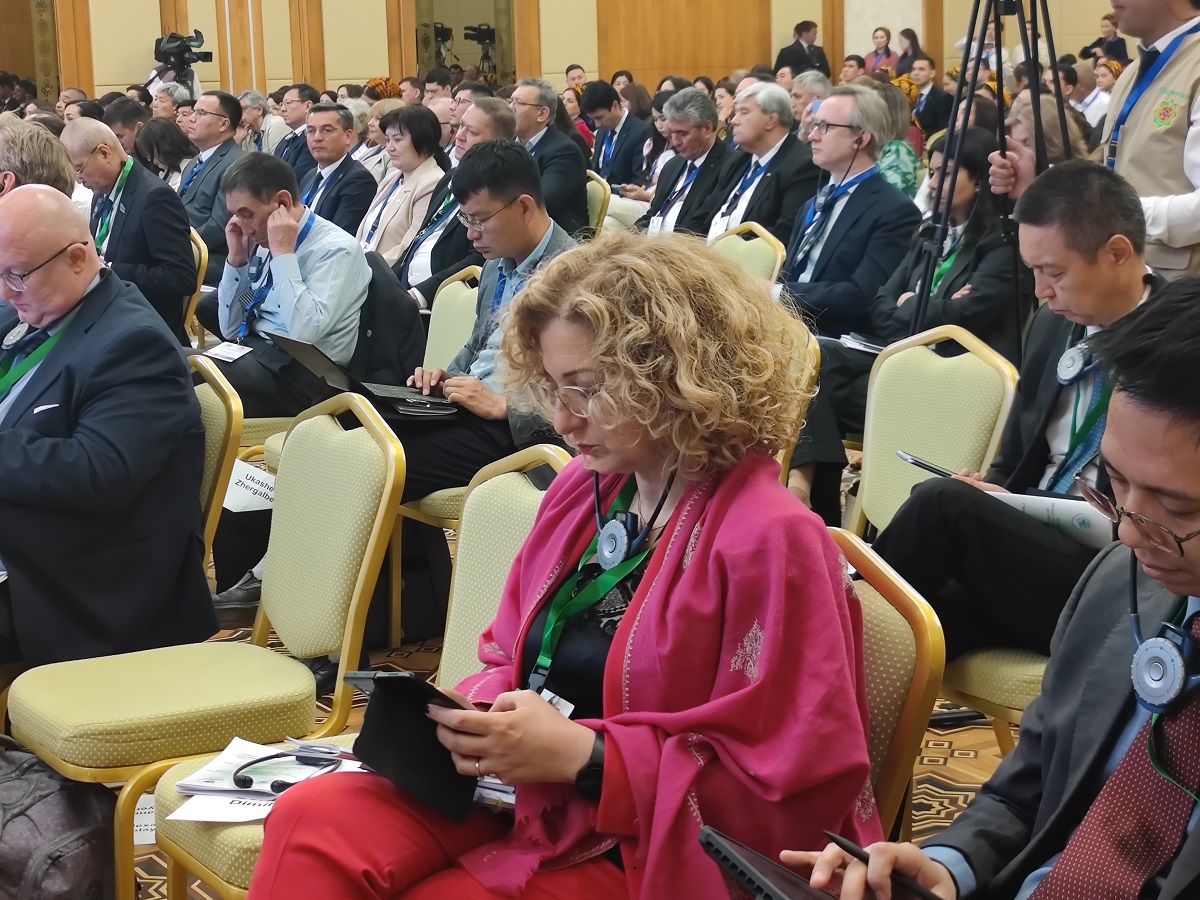
The participation of the Vice Minister of Ecology of Kazakhstan, the Deputy Minister of Natural Resources of Kyrgyzstan, the Deputy Chairman of the Committee for Environmental Protection of Tajikistan and the Director of the National Center for Climate Change of Uzbekistan in the discussion allowed to present the full range of national approaches and achievements in the region.
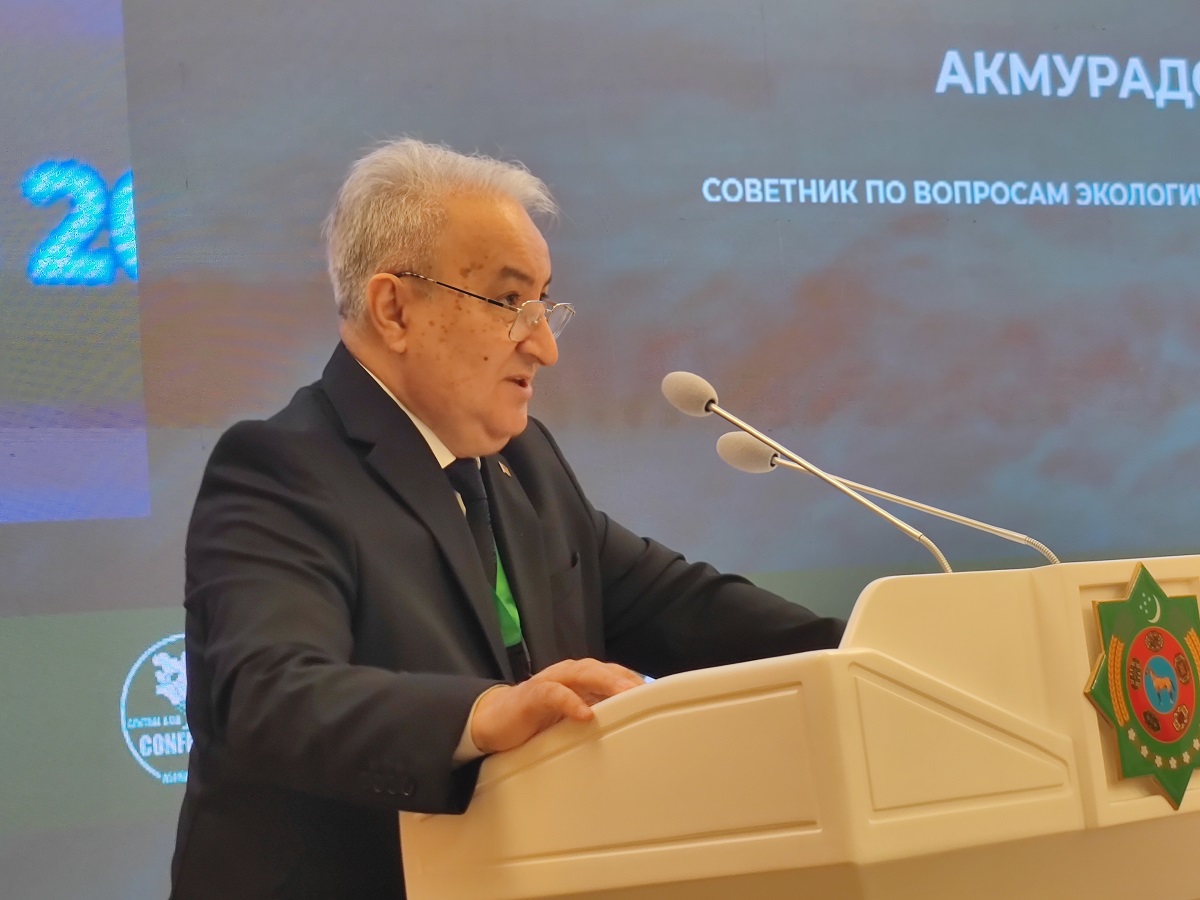
Summing up the session, the moderator Makhtumkuli Akmuradov noted that the discussion demonstrated the richness and diversity of the experience of Central Asian countries in climate policy. Despite all the specifics of national conditions, the countries are united by the desire for a sustainable future, adaptation to climate risks and the need for active partnership. This session, according to him, confirmed that the region can speak with one voice, propose solutions and actively participate in the formation of the global climate agenda.
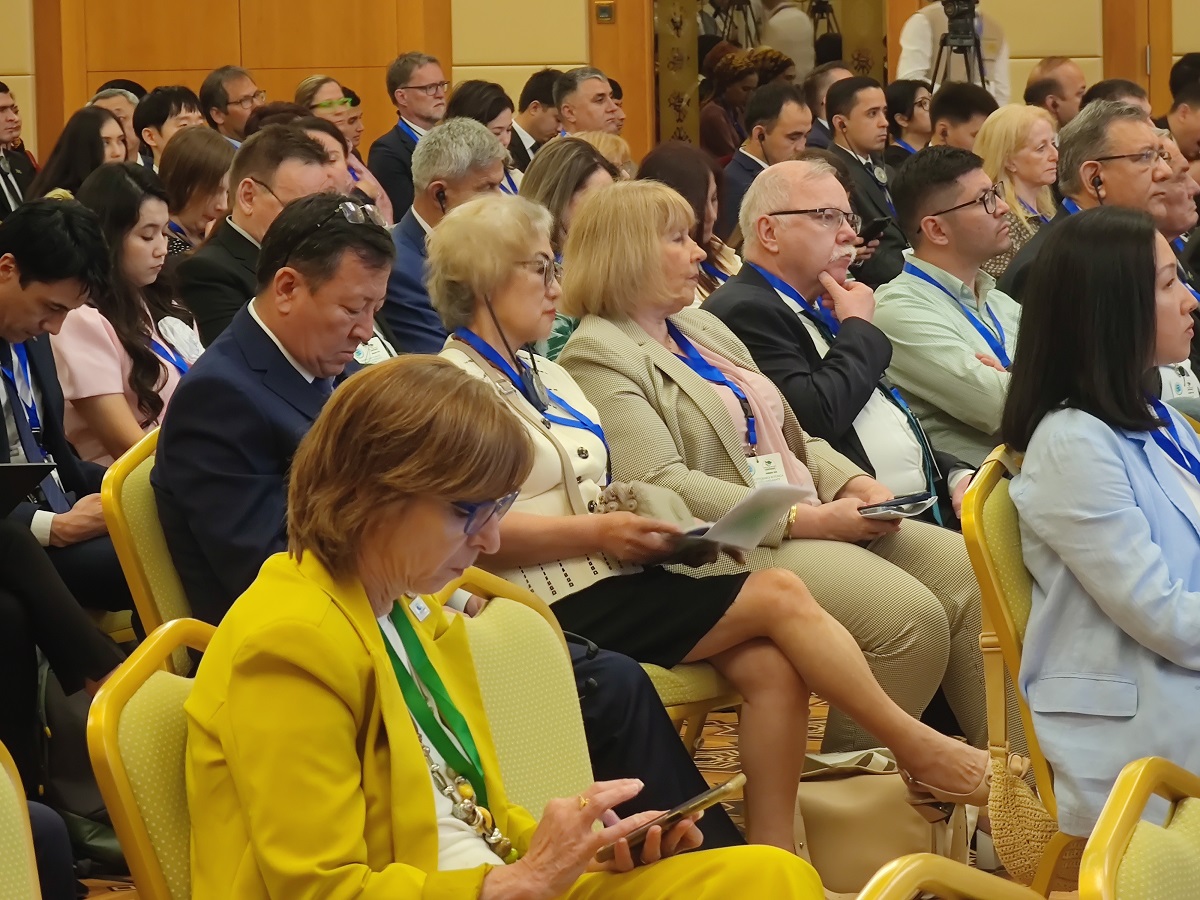
The discussion became not only a platform for the exchange of national experiences and plans, but also confirmed the readiness of the Central Asian countries to deepen regional cooperation, presenting specific steps, such as Turkmenistan's achievements in reducing methane emissions.
Бекдурды АМАНСАРЫЕВ
